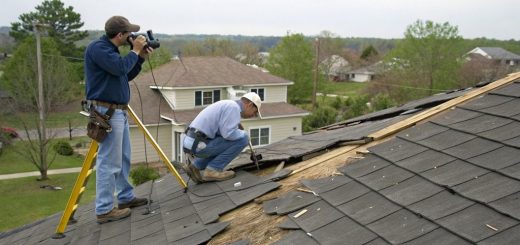Why Do We Shrink as We Age? Understanding Height Loss
It’s a common experience to notice that we’re not quite as tall as we used to be. This gradual height loss is a natural part of aging, but why does it happen? Several factors contribute to this shrinkage, and understanding them can help us manage this aspect of growing older.
The Role of the Spine
Our spine plays a significant role in our height. It’s composed of vertebrae, cushioned by discs that act as shock absorbers. Over time, these discs lose fluid and become thinner, leading to compression of the spine and a slight decrease in height. This process is similar to what happens to a sponge when it dries out – it shrinks.
Additionally, the vertebrae themselves can change. Osteoporosis, a condition where bones become less dense and more prone to fractures, can weaken the vertebrae and contribute to height loss.
Changes in Posture
As we age, our posture can also shift. Muscles may weaken, and ligaments can become less flexible. This can lead to a stooped posture, making us appear shorter. While this change doesn’t technically shorten the spine, it does affect our overall height.
The Impact of Gravity
Gravity exerts a constant force on our bodies. Throughout the day, our spine compresses slightly under the weight of our upper body. While we regain some of this height during sleep, the cumulative effect over the years can lead to a small but noticeable decrease in height. For those concerned about their height, such as whether 170 cm is a good height, it’s important to consider that minor changes are a normal part of aging. If you’re interested in learning more about height perceptions, you can check out https://www.worldcitizensunited.org/is-170-cm-too-short-for-a-guy/.
Other Contributing Factors
While the spine and posture are primary culprits, other factors can contribute to height loss:
- Foot Changes: The arches of our feet can flatten with age, leading to a slight loss of height.
- The curvature of the Spine: Conditions like kyphosis (a forward rounding of the upper back) can make us appear shorter.
- Lifestyle: Factors like poor nutrition and lack of exercise can contribute to bone loss and muscle weakness, which can affect height.
Related: Best Beginner Workout Apps Fitness Newbies
Managing Height Loss

While we can’t completely stop the aging process, we can take steps to mitigate height loss:
- Maintain Good Posture: Practice exercises that strengthen your core and back muscles. Being mindful of your posture throughout the day can also help.
- Exercise Regularly: Weight-bearing exercises like walking, jogging, and strength training can help maintain bone density.
- Healthy Diet: Ensure you’re getting enough calcium and vitamin D, essential for bone health.
- Address Underlying Conditions: If you have osteoporosis or other conditions affecting your bones, seek appropriate treatment.
When to Consult a Doctor
While gradual height loss is normal, a sudden or significant decrease in height could be a sign of an underlying health issue. If you’re concerned about your height loss, it’s essential to consult your doctor for a proper evaluation.
Embracing the Changes
While height loss is a natural part of aging, it’s important to remember that our worth and value are not defined by our height. We can continue to lead fulfilling lives, focus on our overall health, and embrace the changes that come with growing older.















